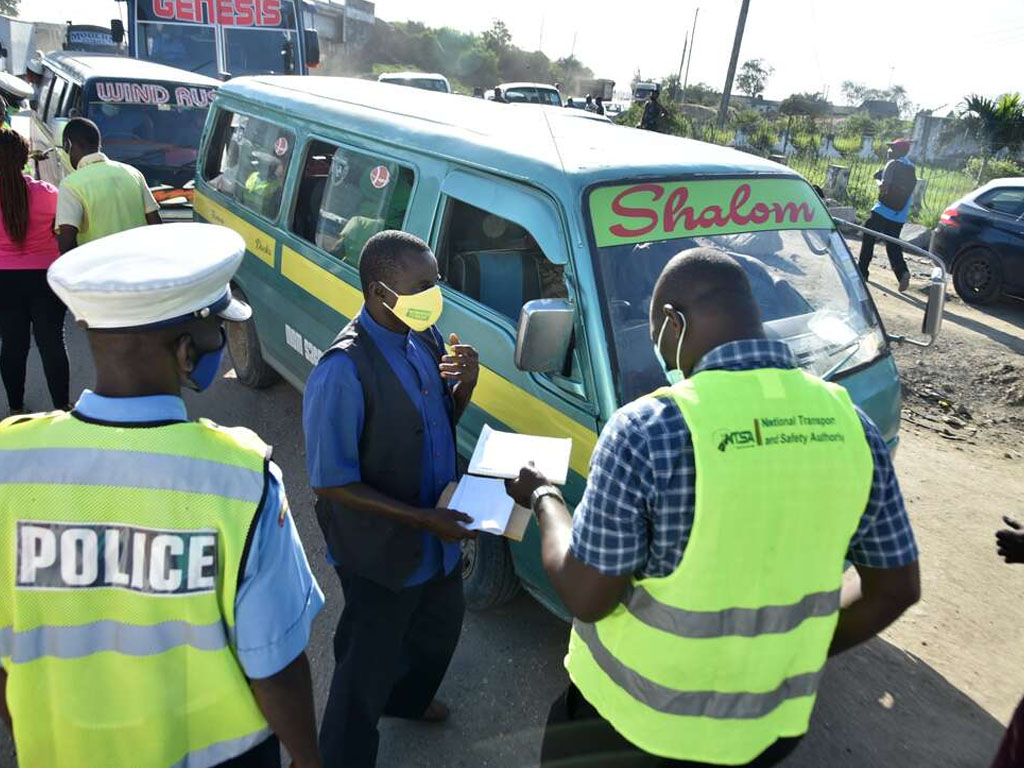Inside proposed law to expand NTSA to regulate other transport modes

Bill seeks to end the current “fragmented approach” where different regulatory agencies oversee various transport sectors independently.
The National Transport and Safety Authority (NTSA) could soon see its mandate expanded to include the regulation of railways, pipelines, and other forms of underground and land surface transport if a proposed law is enacted.
The proposal is contained in the National Transport Safety Authority (Amendment) Bill, 2024, prepared by Limuru MP John Kiragu Chege.
More To Read
- Cabinet approves second-generation smart driving licences to revolutionise road safety
- Eastleigh boda boda riders adopt unique reflectors to boost safety, gain customer trust
- Government eyes handing NTSA’s smart driving licence programme to private investor
- NTSA raises alarm as road deaths climb to 4,458 in 2025
- 62 PSV drivers suspended over safety violations, ordered to re-test by NTSA
- NTSA revives alcoblow, night patrols, mobile courts to curb road accidents during festive season
The bill, which is already before the National Assembly, seeks to empower the NTSA with oversight of these additional transportation modes.
“The aim is to have an integrated and unified approach towards the regulation of safety in various modes of transportation,” reads the bill.
It emphasises the need to end the current “fragmented approach,” where different regulatory agencies oversee various transport sectors independently.
According to the bill, the authority would also be responsible for investigating marine and aviation accidents.
This comprehensive approach is intended to align with best practices in other countries, where a single agency oversees multiple transportation safety regulations.
The bill specifies that NTSA would coordinate all transport safety activities, including investigating aircraft, road, railway, and marine accidents occurring in internal waters.
“A marine accident or safety-related incident under this Act shall be inquired into or investigated by the National Transportation and Safety Authority established under this law,” reads the bill.
The NTSA would also have the authority to investigate pipeline accidents that result in fatalities or significant damage, as well as any other catastrophic transportation incidents.
 A file photo of an anti-drunk driving operation involving the police and officials of the National Transport and Safety Authority. (Photo: X/NTSA)
A file photo of an anti-drunk driving operation involving the police and officials of the National Transport and Safety Authority. (Photo: X/NTSA)NTSA officials conducting an operation in the past. (Photo: NTSA)
Furthermore, the regulator would work in consultation with relevant transportation agencies to advise national and county governments on transport-related matters.
The bill says that the NTSA would appoint accident investigators through notices in the Gazette. These investigators would determine the facts, conditions, circumstances, and safety factors of incidents, and if possible, identify the probable causes.
The bill mandates the Transport Cabinet Secretary to prescribe qualifications for investigators and allows the NTSA to appoint experts with specialised skills as needed.
It requires the establishment of an accident reporting system to collect information on actual and potential safety deficiencies.
All accident investigation reports would be published in the Kenya Gazette under the proposed law, addressing concerns that such reports often go unpublished.
The MP says that the current legal framework lacks a coordinated approach to transportation safety, leading to various regulatory agencies' independent handling of safety issues.
The proposed law would grant the NTSA unrestricted access to accident scenes.
Once an accident happens, the authority will employ the services of a qualified person to investigate the accident.
The investigator will have unfettered access to everything pertaining to the accident, including eyewitnesses, victims, and drivers.
The bill stipulates that individuals cannot refuse to comply with a summon on grounds that it might incriminate them.
However, any information, documents, or evidence provided would not be admissible against the person in proceedings unrelated to the Act.
The bill will give NTSA powers to seek information from witnesses even if the evidence given incriminates the person.
“A person who, without lawful excuse, refuses or fails to comply with a summon under this section commits an offence and is liable, on conviction, to a fine of not less than Sh50,000 or to imprisonment for a term not less than six months or to both,” reads the bill.
This proposed legislation aims to centralise and enhance the regulation of transportation safety across multiple modes, potentially leading to more effective oversight and improved public safety.
Top Stories Today
















































